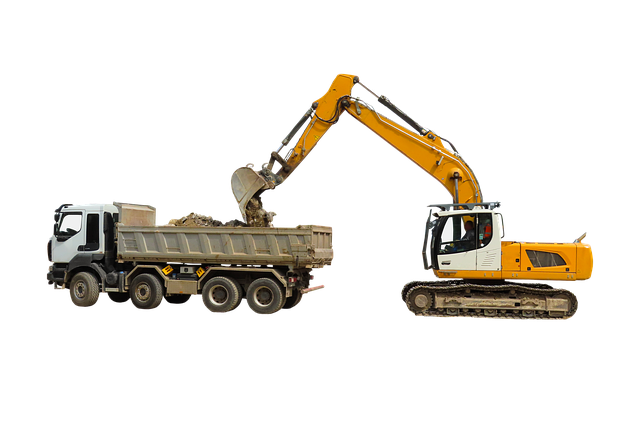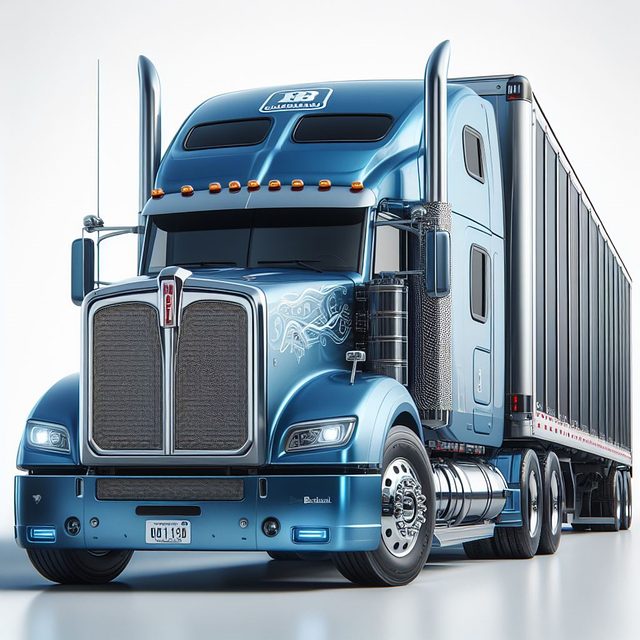Understanding rental truck liability coverage is paramount for managing risks while renting a vehicle. This type of insurance shields against claims related to accidents or damages affecting third parties, including legal fees and property/bodily injury liabilities. It's crucial to review policy details carefully, as basic coverage might not suffice for specialized cargo or high-value items. When choosing insurance, consider your specific needs, risks, and the scope of the policy, ensuring it addresses unique rental circumstances for peace of mind and protection from unforeseen events.
In today’s world, renting a truck for business or personal use is common. However, understanding the intricacies of insurance for these vehicles is crucial. This article delves into the essential aspects of rental truck liability coverage, exploring different types of insurance, key considerations, and best practices to maximize protection. By the end, folks will be equipped with the knowledge to navigate this complex landscape and ensure they’re adequately covered.
- Understanding Rental Truck Liability Coverage
- Types of Insurance for Rented Trucks
- Key Considerations When Choosing a Policy
- Maximizing Protection: Tips and Best Practices
Understanding Rental Truck Liability Coverage

When renting a truck for business or personal purposes, it’s crucial to understand the scope of your insurance coverage. Rental truck liability coverage plays a pivotal role in safeguarding against potential risks and financial burdens that may arise during the rental period. This type of coverage typically includes both property damage liability and bodily injury liability, which protect you from claims related to damages caused to others’ property or injuries sustained by individuals.
In many cases, the rental company provides some level of insurance, but it’s essential to know the details and limitations. Basic rental truck liability coverage may not offer comprehensive protection for specialized cargo or high-value items. Business owners and personal users should review their policies carefully, ensuring they have adequate rental truck liability coverage tailored to their specific needs.
Types of Insurance for Rented Trucks

When renting a truck, whether for business or personal purposes, understanding the different types of insurance coverage is crucial to protect yourself from potential risks and financial burdens. The two primary categories to consider are liability coverage and comprehensive insurance.
Rental truck liability coverage is designed to safeguard against claims arising from accidents or damages caused by the rented vehicle. This type of insurance typically covers bodily injury or property damage to third parties, including passengers, other drivers, or pedestrians. It also may include legal fees and court costs in case of a lawsuit. Comprehensive insurance, on the other hand, goes beyond liability and protects against a broader range of losses, such as theft, vandalism, natural disasters, and accidental damage to the truck itself. This additional coverage can be especially valuable for businesses using rented trucks for operations that involve higher risks or unique environments.
Key Considerations When Choosing a Policy

When selecting insurance for your rented truck, understanding the key considerations is essential to ensuring adequate protection. One of the primary factors is evaluating your specific needs and risks. Do you require rental truck liability coverage to safeguard against potential damages or accidents during business or personal use? This type of coverage protects you from financial loss in case of liability claims.
Additionally, consider the scope of the policy, including the types of vehicles covered, limits of liability, and any exclusions or limitations. Reviewing these details will help ensure that your insurance adequately addresses the unique aspects of your truck rental, offering peace of mind and protection against unforeseen circumstances.
Maximizing Protection: Tips and Best Practices

When renting a truck for business or personal purposes, maximizing protection through adequate insurance is paramount. One crucial aspect to focus on is rental truck liability coverage. This type of coverage shields you from financial burdens resulting from accidents or damages caused during the rental period. It covers both property damage and bodily injury claims against you or your vehicle.
To ensure comprehensive protection, consider obtaining additional endorsements or policies that extend beyond the standard rental agreement. For instance, commercial auto insurance policies often include specific provisions for rented vehicles, offering broader liability protections. Regularly reviewing and understanding your insurance policy is also essential. Pay attention to exclusions, deductibles, and coverage limits to make informed decisions. By adopting these best practices, you can mitigate risks and safeguard yourself from potential financial surprises.
When renting a truck for business or personal use, securing adequate insurance is paramount. By understanding your liability coverage options and carefully selecting a policy that aligns with your needs, you can maximize protection against potential risks and financial burdens associated with accidents or damages. Remember, the right insurance plan acts as a shield, offering peace of mind and ensuring you’re prepared for any unforeseen circumstances while behind the wheel of a rental truck.
